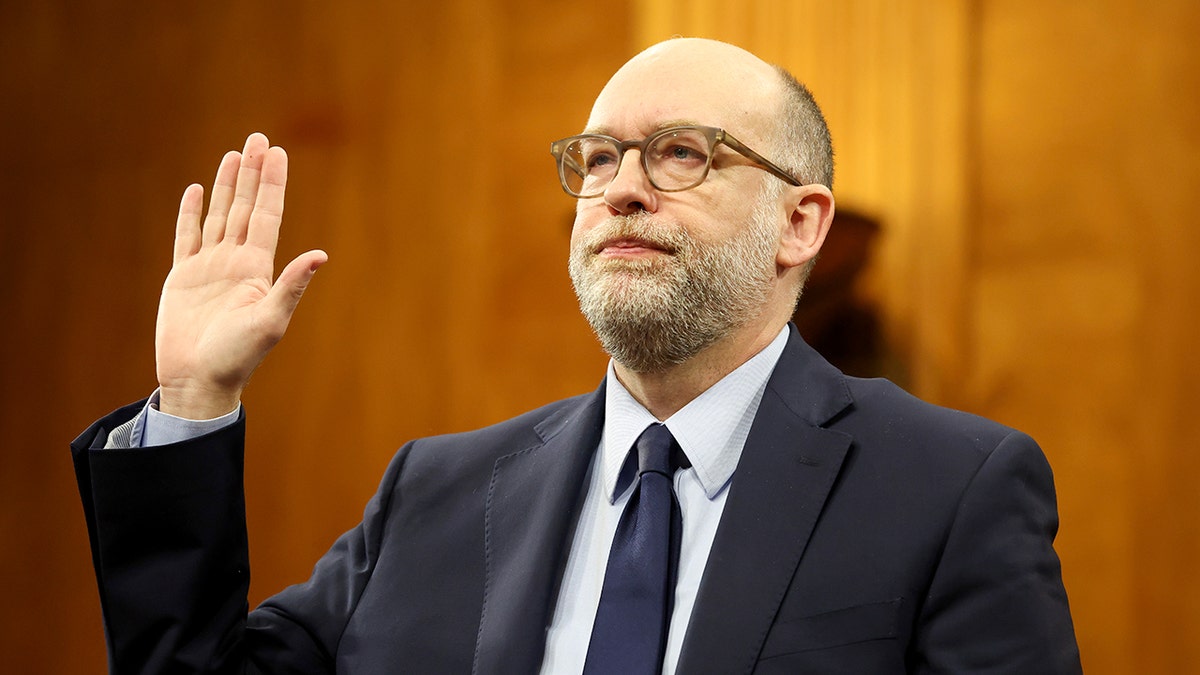A contingent of House Republicans is advocating for legislation that would grant President Trump increased authority over federal spending, enabling him to further prioritize funding aligned with the GOP's objectives. Representative Andrew Clyde (R-GA) is spearheading the effort to revoke the Impoundment Control Act of 1974, a law enacted during the Nixon era designed to restrict presidential autonomy over government expenditures.

Clyde asserts that this move would bolster Trump's initiatives concerning Elon Musk and the Department of Government Efficiency (DOGE), aiming to enhance governmental efficiency and effectiveness. He believes this aligns with DOGE's current efforts to expose instances of fraud, waste, and abuse, empowering the executive branch and Congress to address these issues and implement lasting reforms.
The proposed legislation boasts over 20 Republican co-sponsors in the House and a parallel bill in the Senate championed by Senator Mike Lee (R-UT). Lee contends that the Impoundment Control Act's constraints on presidential power have exacerbated the nation's fiscal challenges and are unconstitutional. Clyde plans to discuss the bill with the Trump administration, which has also expressed significant opposition to the Impoundment Control Act.

Russell Vought, Trump's recently appointed director of the Office of Management and Budget (OMB), has publicly criticized the Act as unconstitutional, echoing sentiments expressed by Trump himself. Clyde argues that the Act's mandate for presidents to spend all congressionally allocated funds, regardless of potential efficiencies, hinders fiscal responsibility. He believes the president should have the constitutional authority to manage spending in a more business-like manner.
Trump has already demonstrated a proactive approach to managing federal spending, temporarily halting foreign aid and other funding streams pending review. However, some of these actions have faced legal challenges, with a recent court order requiring the White House to reinstate certain funding. This ongoing debate underscores the tension between presidential discretion and congressional oversight in the federal budget process.
Comments(0)
Top Comments